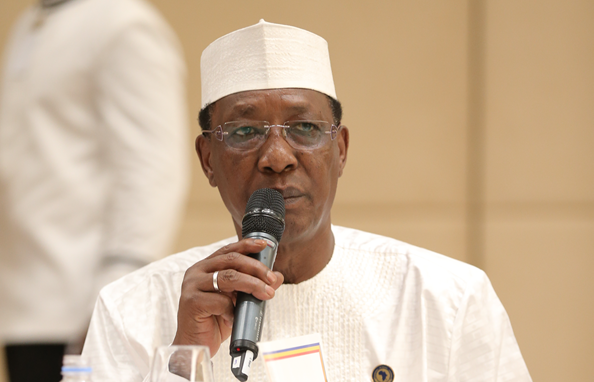The global fight to end malaria marked another major milestone this week, as African leaders endorsed a plan to eliminate malaria in Africa by 2030.
On July 17 in Kigali, Rwanda, the African Union (AU) adopted The Catalytic Framework to End AIDS, TB and Eliminate Malaria in Africa by 2030, outlining a path to rid the continent of one of its biggest killers of children and pregnant women.
Ethiopian Prime Minister Hailemariam Dessalegn and former Tanzanian President Jakaya Kikwete, recently wrote, “It wasn't long ago that an Africa without malaria seemed an impossible dream. Today, that dream is becoming a reality, thanks to the most powerful weapon we have in the malaria fight: strong leadership.”
I couldn’t agree more.
The framework, the latest evidence of African leadership, arms the continent with a roadmap to eliminate malaria incidence and mortality and prevent its transmission and re-establishment across the continent by 2030. It calls on African countries to increase domestic resources, expand the use of innovation and technology, improve health infrastructure, and take other critical steps to ensure the roadmap is successful. It also calls on the international community to sustain funding.
Since 2000, malaria mortality rates have fallen by 66 percent among all age groups and by 71 percent among children under 5 years old on the continent. The mass distribution of insecticide-treated nets, combination treatments and indoor residual spraying have played major roles in saving lives. The use of rapid diagnostic tests and other innovations have also contributed significantly. Still, malaria claimed the lives of 395,000 Africans in 2015. With this roadmap, African leaders are saying enough is enough.
To sustain momentum, the framework puts in place clear targets and indicators to monitor and measure progress. This will help keep Africa on the path to reduce malaria incidence and mortality rates by at least 40 percent by 2020, and 75 percent by 2025.
The African Leaders Malaria Alliance (ALMA), a groundbreaking coalition of 49 heads of state and government founded in 2009, will continue to lead the charge by keeping malaria high on the national and international development agendas. The ALMA Scorecard for Action and Accountability is a key tool that lets countries know where they stand on important malaria indicators and identifies areas where more effort is needed to remain on track.
When I was living in Senegal in 2009 and 2010, many people treated malaria as a fact of life—something to be endured rather than ended. Thanks to African leadership and growing global partnerships, this is no longer the case. Now, like never before, we are positioned to achieve a malaria-free Africa by 2030.
You can read ALMA’s press release on the adoption of the framework here.
Homepage image: Idriss Déby Itno, President of Chad and Chair of the African Leaders Malaria Alliance (ALMA)



